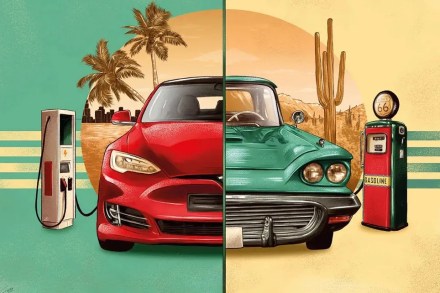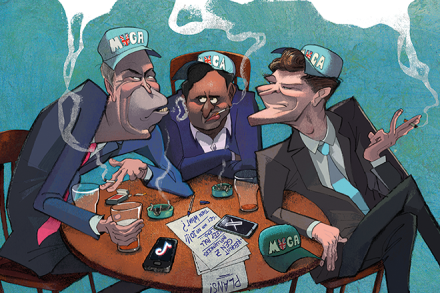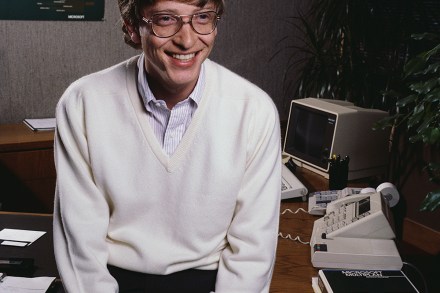Our B&B has found its niche
A rattling noise woke me in the dead of night and I fumbled my way into the dark corridor. It was coming from the room at the end of the hallway, which was occupied by a couple from West Virginia on a romantic road trip. The door rattled again as I stood there. I realised the big old key was turning and returning in the lock and the handle was rattling but the door was not opening. I ran back into our bedroom and shook the builder boyfriend awake. ‘The people in room 4 are stuck in their room!’ He stirred and when I wouldn’t stop shaking him he got




















